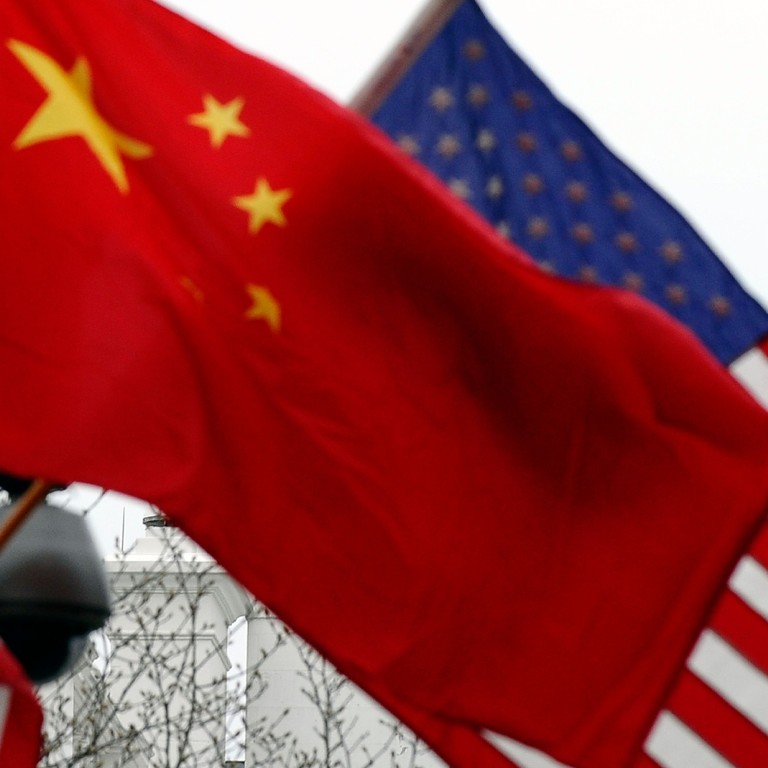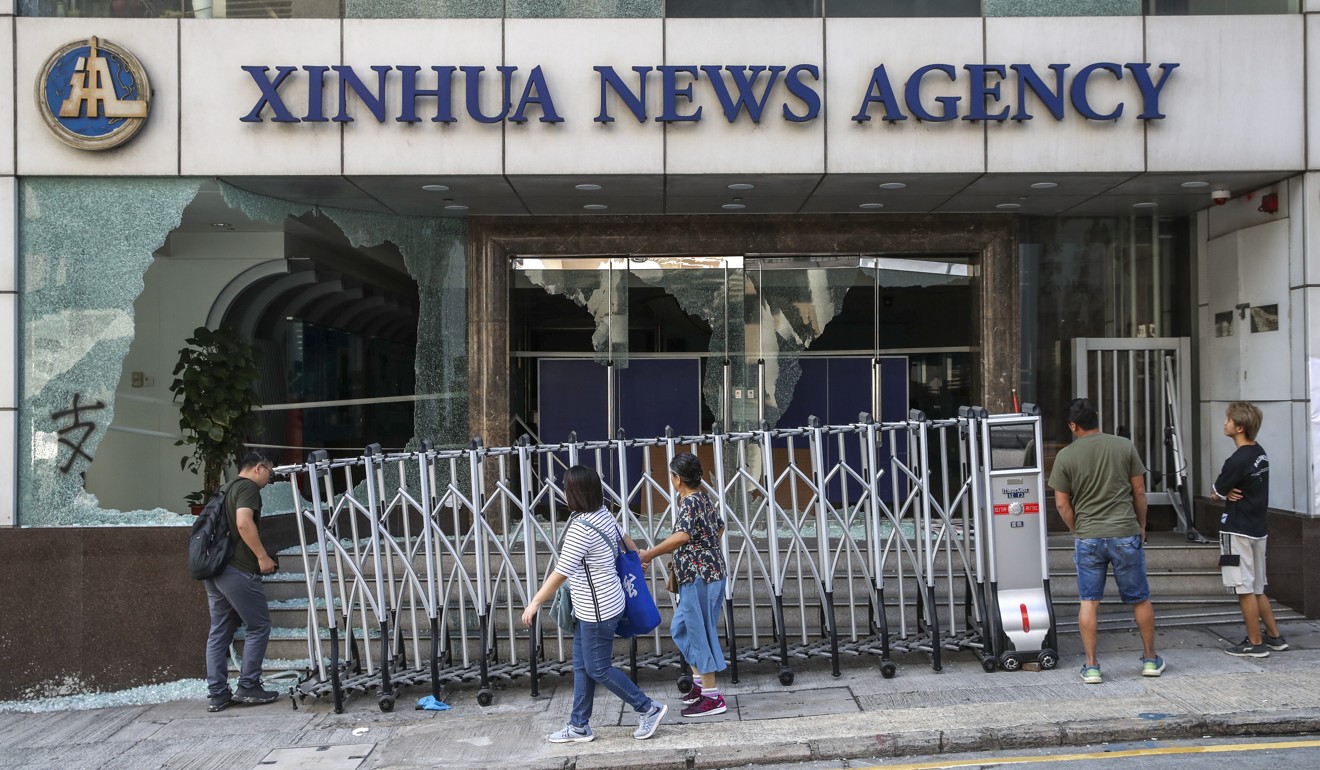
US designates 5 Chinese state media outlets as Beijing operatives
- Xinhua, China Daily and CGTN are among the outlets deemed ‘foreign missions’ by US State Department
- Media groups will have to obey rules similar to those imposed on embassies and consulates
The US government on Tuesday declared several mainland Chinese media outlets, including state news agency Xinhua, to be foreign government functionaries, identifying them as agencies controlled by Beijing.
China Global Television Network (CGTN), China Radio International, China Daily and Hai Tian Development USA were also deemed “foreign missions”, which will require their staff to register with the US State Department the same way that embassy and consular employees do, according to a department official.
“These five entities all meet the definition of a foreign mission under the Foreign Missions Act, which is to say that they are ‘substantially owned or effectively controlled’ by a foreign government,” the official said. “They are effectively controlled by the government of the People’s Republic of China.”
Xinhua, China Radio, the English-language China Daily and CGTN – an English-language broadcaster – are all controlled by China’s central government. Hai Tian is the New York-based distribution agent for People’s Daily, the official newspaper of the ruling Chinese Communist Party.

The change in status also requires that the outlets declare their US real estate holdings to the State Department and seek approval for any additional purchases.
The State Department’s move follows increasing warnings from government officials and lawmakers about the threat China poses to the national security of the US and its allies.
On Saturday, US Defence Secretary Mark Esper and Secretary of State Mike Pompeo used the Munich Security Conference to highlight their concerns about the “wrong direction” China is taking under President Xi Jinping. Pompeo compared Beijing to Moscow and Tehran, saying the Chinese government was a threat to Europe and the US.
US lawmakers push for investigation of China Daily
On February 7, some 35 Republican senators and representatives wrote to Attorney General William Barr to demand that China Daily be investigated and labelled a foreign agent.
The letter called on the Department of Justice to “clamp down on Chinese propaganda”, investigate China Daily’s “important role in China’s foreign disinformation campaign” and address its “repeated violations” of a US law requiring that foreign lobbyists register and provide detailed reports on their financial activities.
“China Daily’s important role in China’s foreign disinformation campaign warrants a full-fledged investigation,” said the letter, initiated by Senator Tom Cotton and Representative Jim Banks and co-signed by seven other Republican lawmakers.
The registration act was passed in 1938 to counter Nazi propaganda.
Purchase the China AI Report 2020 brought to you by SCMP Research and enjoy a 20% discount (original price US$400). This 60-page all new intelligence report gives you first-hand insights and analysis into the latest industry developments and intelligence about China AI. Get exclusive access to our webinars for continuous learning, and interact with China AI executives in live Q&A. Offer valid until 31 March 2020.

